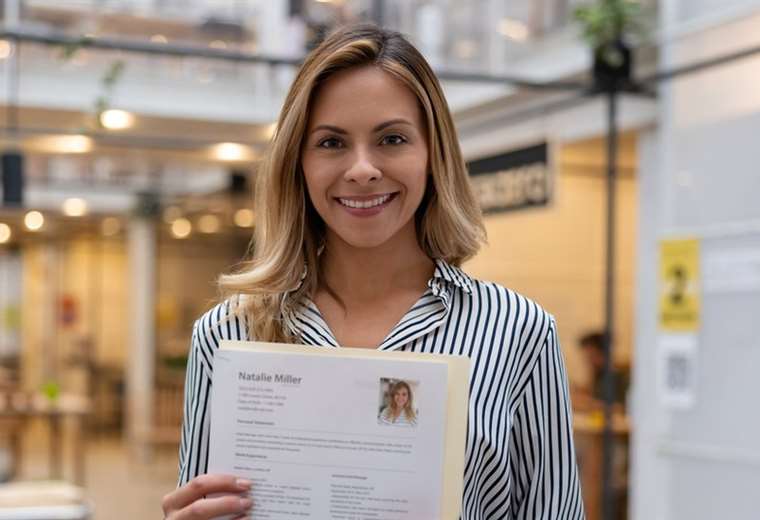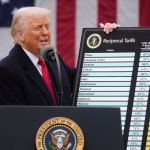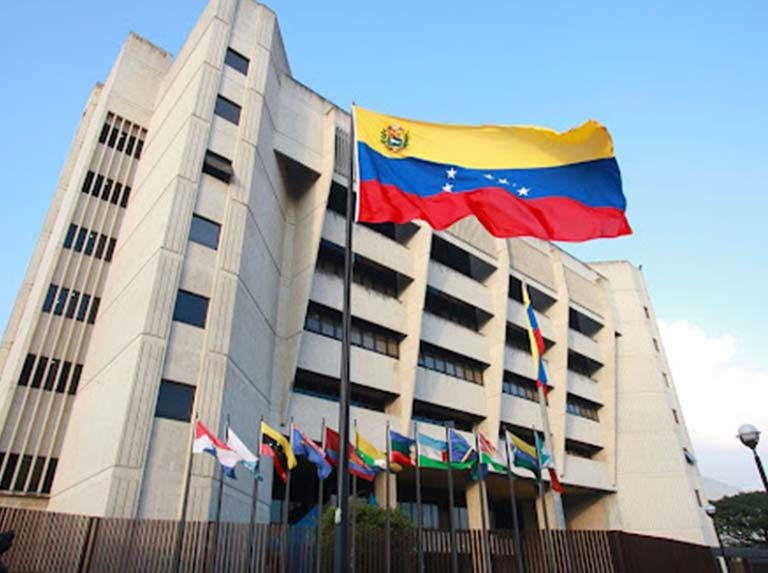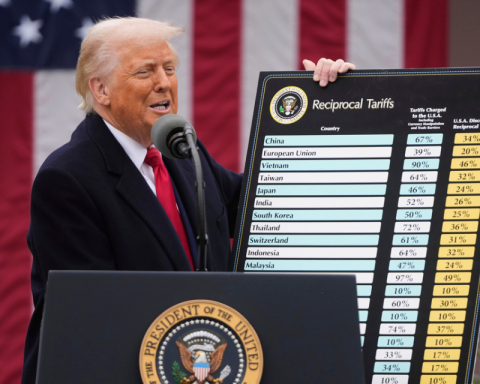March 16, 2023, 9:22 AM
March 16, 2023, 9:22 AM
A camera flashes on Marike, a South African model from Cape Town, in a shoot for an ad campaign in London.
“The way we look is a very important factor in my industry,” says the model.
Marike sits down with the radio show business daily from the BBC in a London cafe to talk about his job, which involves a lot of focus on their physical appearance.
Lunch arrives. He will eat scrambled eggs and smashed avocado.
“You’re supposed to look like in your portfolio. You have to be accountable for how you’re supposed to look. If you’re not feeling well, you’re not healthy, and you’re not maintaining a healthy diet and active lifestyle, you’re not going to see you like this,” he says.
Recent research seems to confirm that life can be simpler and more lucrative for attractive people.
According to labor economist Daniel Hamermesh, these people earn on average $237,000 more over their lifetime than similarly skilled but less attractive people in United States.
They are also more likely to get promoted at work, negotiate for better loans, and attract better-qualified and more beautiful partners.
Free products and experiences
Recently, many women on social networks, just by uploading photos of how they look, can already get advantages.
“It’s amazing how nice people can be when they find someone attractive.”
“I realized that I took all the school work those who applied even ifno have sufficient capabilities.
“They don’t charge me for drinks or desserts in a restaurant.”
They are impressions of various women collected by business daily about.
Ironically, the very platforms that are used to expose the realities of this phenomenon are also responsible for enforcing it.
Marike considers that this is fundamentally motivated in Instagram.
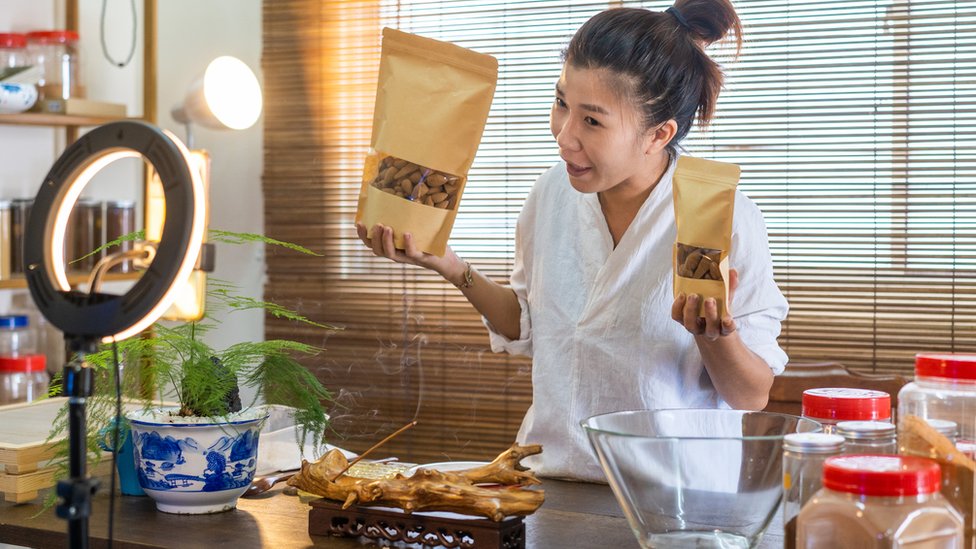
“Companies invite you to free experiences and you sell a lot of brand name products. All you have to do is be a influencers for those brands, showing them in your account. You can have free drinks and food and go out without spending,” says the model.
“It makes restaurants look good because they have pretty girls enjoying the experience.“, Add.
It seems more than questionable to wonder if it is fair that just by looking a certain way, a characteristic with which you are often born, you have more benefits than others.
In this regard, Marike argues that if you look good and are able to stay healthy, you should simply take advantage of it and enjoy it, especially if it saves or increases your finances in expensive cities.
A career on Instagram
There are few ways to see beauty bias better than through the eyes of a influencersat least according to social media commentator Hannah van de Peer.
“On Twitter you don’t need to be visually appealing. It’s the words you say. You probably have to be politically and culturally aware. You can have thousands of followers and reach, but I guarantee you need a full-time job to live,” says Van de Peer.
“On Instagram you can get paid and have a career pushing products or documenting your daily life as a beautiful person. Brands and organizations will want to work with you. reality shows they will contact you to be a presenter or participate. You can make millions by being beautiful or beautiful“he adds.
A contrasted reality
Like it or not the preference for pretty faces has an effect on many areas of the economy and the labor market.
In fact, it goes beyond the limits of Hollywood, social media, commercials and other vocations that involve a high degree of public attention.
“Even at universities, which aren’t known for relying on attractive people, appearance matters. In economics there are a couple of recent studies showing that an attractive person earns more, gets better academic evaluations and better jobssays Hamermesh, a professor of economics at the University of Texas in the United States.
This expert has studied the effects of beauty on the economy for decades.
Hamermesh, who calculated that attractive people earn $237,000 more in their lifetimes than others, based at a median wage of $20 per hour.
If you apply your math to mutual fund managers or bankers, you’d probably get much higher numbers.
Here, too, there are gender differences. According to Hamermesh, attractive men earned more in percentage terms than attractive women and less attractive men earned less than less attractive women on average.
His calculations are based on United States data.
Despite the fact that beauty and attractiveness can be subjective, influencing other qualities such as intelligence, the expert argues that the effects of beauty in sectors such as the job market are independent of this and that, at first glance, two people would coincide enough to qualify as attractive or not those who are on the street.
Hamermesh explains that this comes from around 200, 300 years ago, and that it is a perception that continues to be the case in some developing countries.
“Better looking means you are healthier. And if you are healthy in these societies it means you are good at reproducing. This is not true in most western countries and industrialized societies today, but I as a teacher should earn the same with the same abilities as another more attractive teacher… but physical appearance is something that continues to affect“explains the academic.
The question of body weight
In addition to beauty discrimination based on body weight is rampant at work. This was seen above all during the pandemic.
Many spoke about their losses to shake off “covid-15”, referring to the 15 pounds (6.8 kg) they gained working from home during the quarantine.
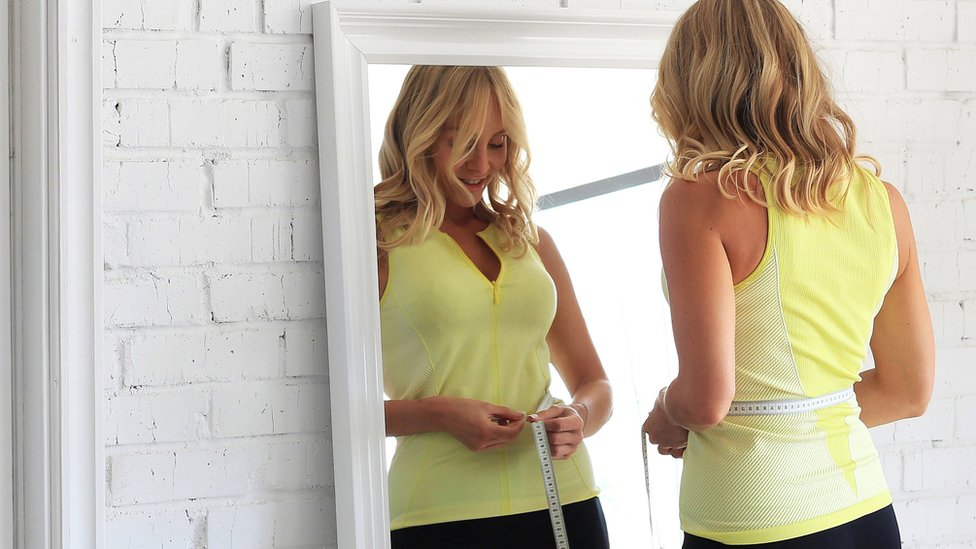
Even the media came to encourage losing weight before returning to the office.
“Fat people are more likely to earn less than normal-weight employees. This is linked to perceptions of their worth,” says Canadian author Emily Lauren Dick.
“You just have to look at how they are treated by turning on the television or watching a movie. People considered ugly and fat are seen as less worthwhile: less intelligent, less nice. This can lead to unfair treatment, bullying and harassment,” he says.
It is estimated that 45 million Americans diet every year and who spend $33 billion a year on products that promise to help lose weight, according to the Boston Medical Center in the United States.
“Children as young as three are experiencing body image issues. Society invests heavily in body ideals because complying with beauty standards ensures having advantages. We all want to be accepted and lead a happy life. Companies have grown rich off of our insecurities,” says Lauren Dick.
implicit bias
This reality contributes to an unconscious or implicit bias that favors the most attractive people.
And this can be detrimental to an employee, having an impact on selection processes and promotions.
In a recent UK study from Sheffield Hallam University, employers were given identical CVs. First with photos of thick people and then with photos of thin people.
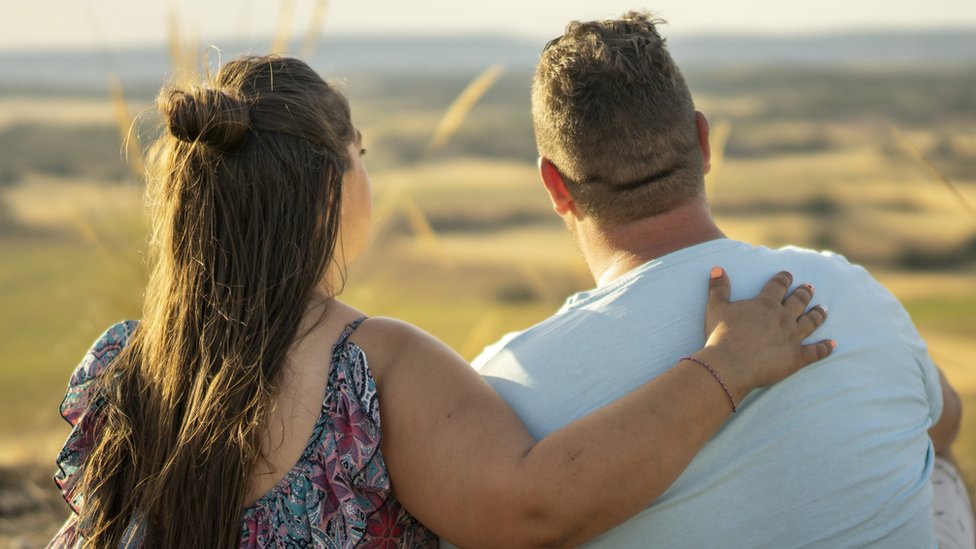
There was a clear tendency to consider women thin people as more selectable.
This damages labor diversity and inclusiveness and raises the question of what workplaces can do to take action against fatphobia.
Lauren Dick suggests changing certain rules to ensure that all body types are admitted. Among them, conducting only audio interviews or introducing awareness courses for employees.
More and more people are speaking out against this preference for attractive people and A change is beginning to be noticed.
Marike, the South African model, says she has to prove more and more that she is much more than just a pretty face.
“They are more interested in people or models who have a story and who do more than just model or act and have interests in other things. Personality has become very important and I think it’s very good,” says Marike.
The preference for beauty has affected many for generations, but through representation in the media and advertisements you can help dismantle this type of prejudice and create better opportunities for all.
Remember that you can receive notifications from BBC Mundo. Download the new version of our app and activate them so you don’t miss out on our best content.
